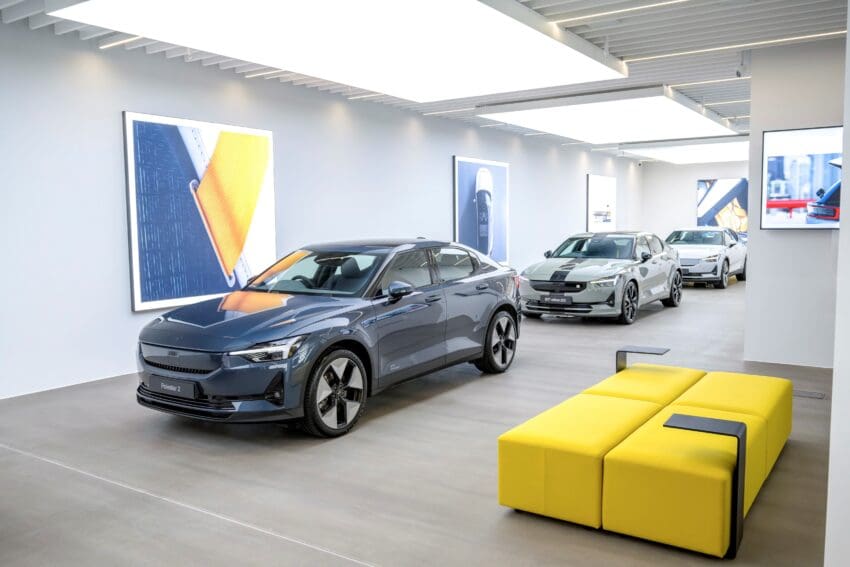UK Government rumoured to be planning new EV subsidies
The UK Government is considering new subsidies to boost private sales of electric cars, according to reports.
The Financial Times reported that ministers were in talks with the vehicle finance sector to explore how the government could support lower cost loans to boost the uptake of EVs.
While EV sales continue to grow, the growth is driven by fleet sales, where company car tax incentives make EVs a more attractive option. The private market enjoys no such benefits and the auto industry has repeatedly called for more incentives to increase interest among retail buyers.
According to the FT, which cited government and industry insiders, the government is in talks to underwrite private sector loans to allow finance providers to offer low-interest or interest-free loans on EVs. This could help bring monthly costs for EVs more in line with those for petrol models.
Vauxhall already offers monthly price parity on some of its models but does this through longer loan agreements, which tie a buyer to the car for longer. Although EVs have an average higher list price than ICE vehicles, the vast majority of cars are bought via finance, meaning cheaper loans would have a significant impact on the cost to consumers.
The move would undoubtedly be welcomed by car makers and the wider industry, which has repeatedly called for government support to aid the retail EV sector. While EV sales hit a record level last year, the SMMT warned that this was done through discounting that cost the industry billions of pounds and could not be sustained as ZEV mandate targets get tougher.
After last year’s requirement for 22% of a manufacturer’s sales to be zero-emissions vehicles, the quota is due to rise to 28% this year and reach 80% by 2030. Although no manufacturer paid fines for missing last year’s target, many had to use carbon credit trading or borrow allowances from future years as EVs accounted for less than 20% of all sales by the end of the year.
The UK Government previously offered direct funding to buyers through the Plug-in Car Grant. This began offering £5,000 towards the purchase price of a new EV but was gradually reduced to £1,500 before the grant was scrapped entirely in 2022. This made the UK the only major European nation not to offer any support to private EV buyers and was regarded at the time as a premature move.
It is believed that launching a similar scheme now would be too expensive, which is why ministers are exploring supporting cheaper finance offers instead.
The rumours come as the Government confirmed an additional £65 million to boost kerbside charging provision – another key demand of the car industry.






